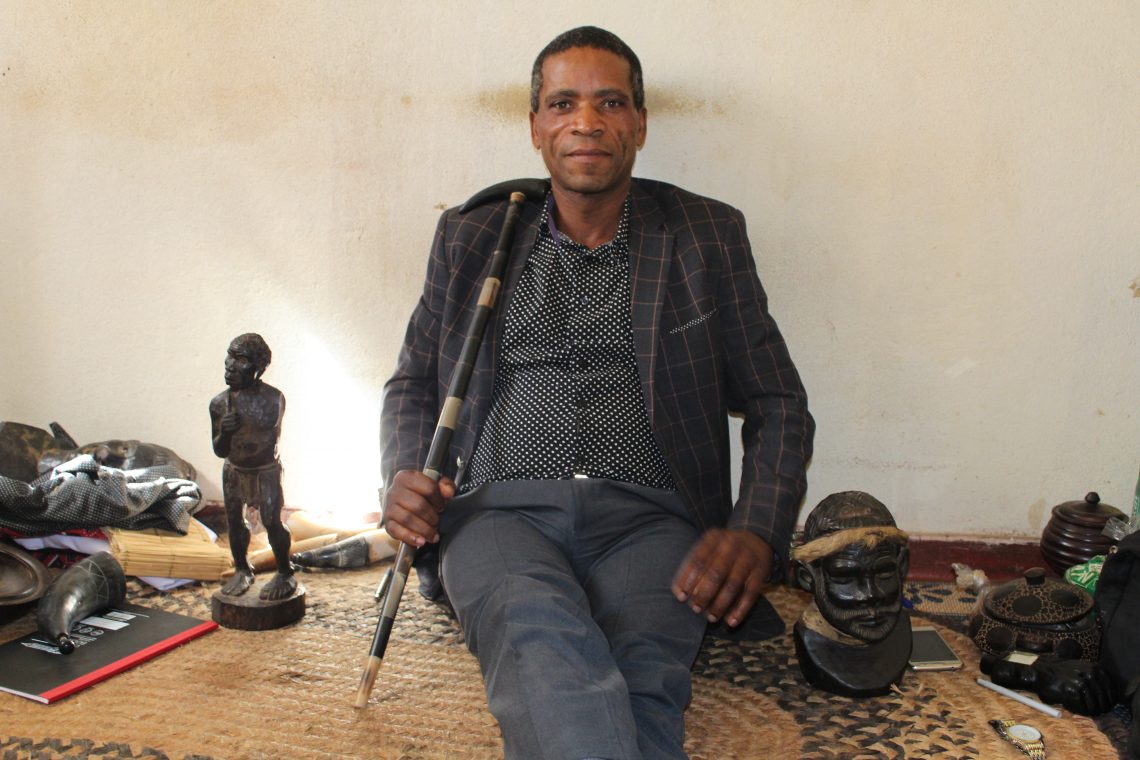By Miriam Zvomuya and Gideon Madzikatidze
Cholera has to date killed more than 24 people with the government declaring a state of emergency to avert the disaster
The Traditional Medical Practitioners Council (TMPC) and Zimbabwe National Practitioners Association (ZINPA) has called on all its members to withhold work following the outbreak of cholera.
Prescribing traditional medicines to patients suffering from water-borne diseases like cholera is beyond the capacity of the TMPC since treating the conditions requires specialist expertise and training..
Addressing traditional, faith healers and medical practitioners in Harare yesterday, TMPC founder and chairman, Mr Friday Chisanyu urged their members to desist from deliberately looking after suspected cholera patients within their traditional surgeries but rather refer them to local infectious hospitals and clinics for proper diagnosis.
Chisanyu said, “As both opinion leaders and entrusted bodies responsible for traditional health issues, we urge all our members to desist from deliberately delaying cholera patients by taking their custody in our respective traditional surgeries so as to avoid loss of lives.
“Meanwhile, all members of our organisation are advised to report and refer all suspected cholera cases within the confinement of their areas of operation and surrender all patients to institutions of higher and approved healthcare facilities by the responsible ministry of Health or local infectious healthcare centres where admittance and responsiveness is instant. Since we don’t have any know traditional cure of cholera, every member should refer suspected diarrhoea patients to hospitals,” Chisanyu said.
ZINPA executive member responsible for education, health, training, research and community development, Mr Chin Chai Chu also concurred. He called for dispatching of health experts to communities to convey health related information to all members who might be victims to water-borne diseases.
Chu said, “We appeal to both the government and community health workers to engage and attend to suspected health cases that have been brought to society’s attention to deal with the issue decisively before it reaches national proportions. There is need to embark on massive educational awareness campaigns in an endeavour to thwart all reported cases of water-borne related diseases. There is also need to organise exchange programmes amongst health experts with the intention to share information on the best strategies to prevent and control all reported cases,” Chu said.






